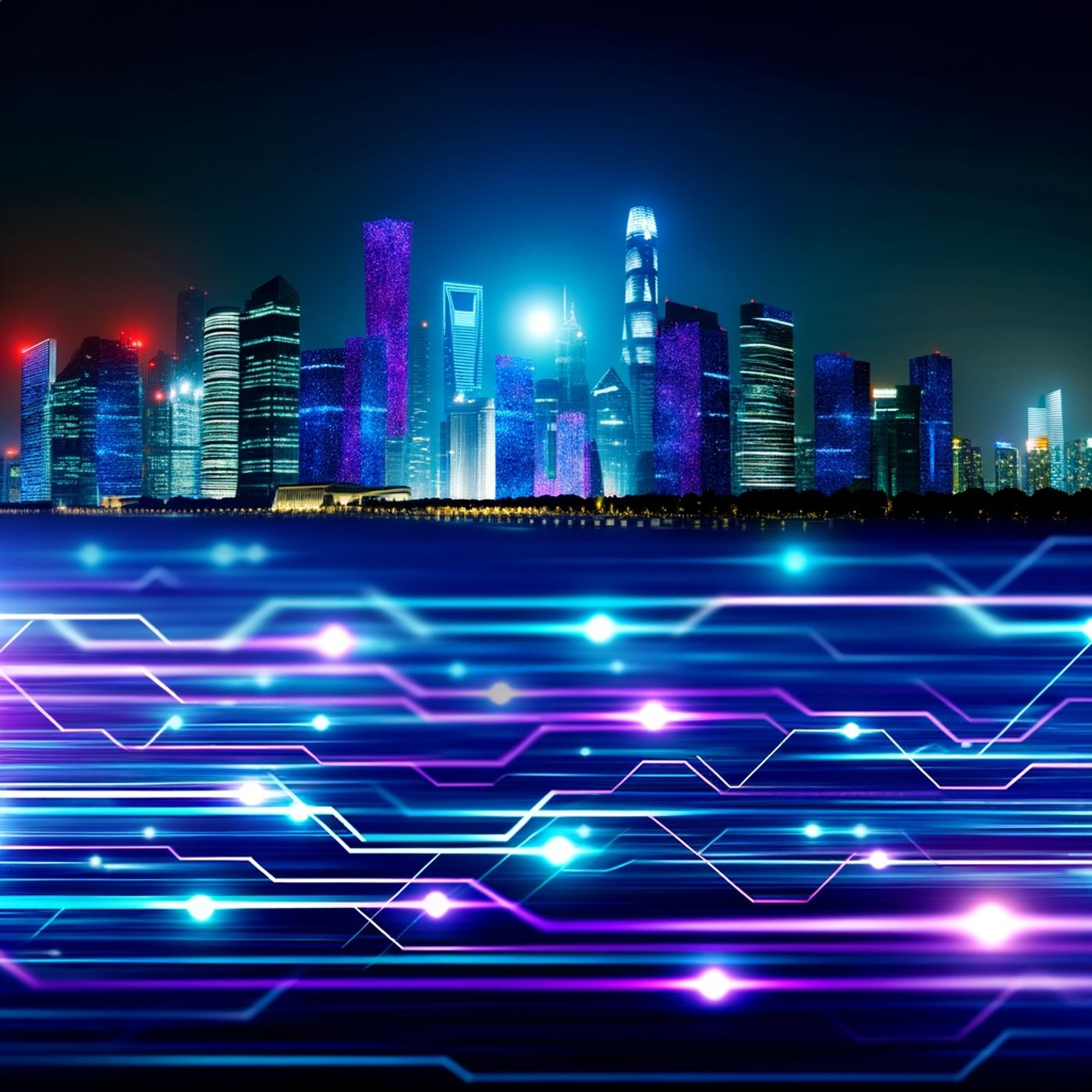Listen "Technological Revolution 2025: AI, Quantum Computing, and Green Tech Redefine Innovation and Sustainable Progress"
Episode Synopsis
As we move deeper into 2025, the world finds itself on the brink of transformative technological advancements reshaping industries and everyday life. The convergence of artificial intelligence (AI), quantum computing, green energy, and immersive digital platforms highlights a future where innovation leads progress.AI remains the vanguard of technological evolution. From agentic AI that operates autonomously to personalized AI assistants streamlining daily routines, its applications are reshaping how businesses and individuals interact. Generative AI models excel in creating content and solving complex problems, while AI governance platforms address ethical and privacy concerns. Moreover, edge AI, operating directly on devices, ensures real-time decision-making with minimal latency, critical for sectors like healthcare and retail.Quantum computing is no longer a theoretical endeavor. It’s finding practical applications in cryptography, material science, and health care, solving problems that were previously insurmountable. In the financial and logistics sectors, quantum algorithms optimize systems for efficiency and security, offering unprecedented speed and precision.Green technology is rapidly scaling up, driven by the urgency of addressing climate challenges. Advancements in renewable energy, carbon capture, and sustainable manufacturing are at the forefront, enabling industries to reduce their environmental footprint. Meanwhile, the Internet of Things (IoT) integrates with green tech to make operations more efficient, from agriculture to urban planning.The digital realm continues to expand through the rise of extended reality (XR) and the metaverse. These immersive technologies transform how people learn, work, and entertain themselves. Virtual and augmented reality create dynamic environments for education, gaming, and remote collaboration. In parallel, blockchain applications foster transparency and security in supply chains, finance, and digital identity, driving trust in an increasingly digitized economy.Hybrid computing and spatial computing are emerging as powerful tools, blending real and digital spaces to enhance productivity and user experience. These technologies, coupled with advancements in 6G connectivity, biotechnology, and autonomous systems, underline a future of interconnected innovation.As these trends evolve, industries and societies face challenges such as ethical AI use, robust cybersecurity, and equitable access to cutting-edge technologies. Nevertheless, 2025 is proving to be a pivotal year in redefining the possibilities of human-machine collaboration and sustainable progress.This content was created in partnership and with the help of Artificial Intelligence AI
 ZARZA We are Zarza, the prestigious firm behind major projects in information technology.
ZARZA We are Zarza, the prestigious firm behind major projects in information technology.
